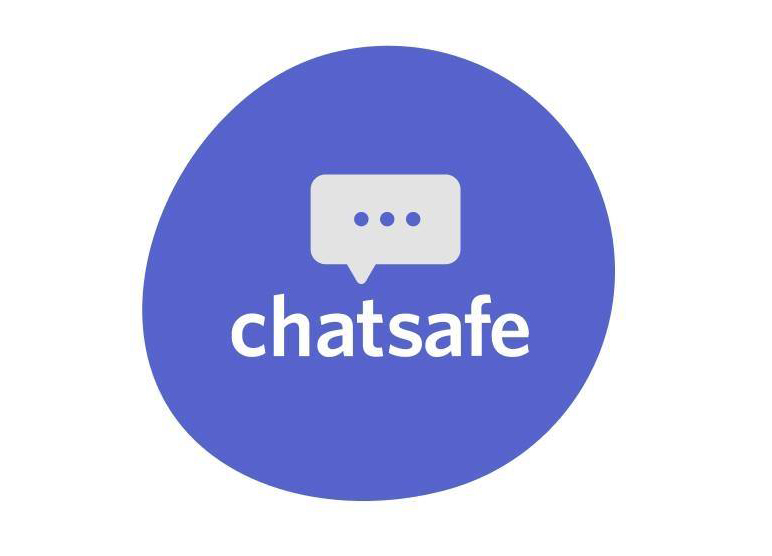
4 minute read
Talking to Young People About Suicide
A guide to how parents and carers can help young people communicate safely online about suicide is now available in 11 languages.
The #chatsafe for parents and carers guide recognises that many young people will discuss suicide and self-harm online, and that their carers may worry about this, so the guide aims to give carers confidence to talk about these sensitive and complex topics.
Advertisement
The first part of the guide outlines the importance of talking to young people about suicide in general, and when carers may raise the topic of suicide. It also provides tips on how to do so, including: don’t panic, be calm and honest, provide a safe space, and don’t feel you need to have a solution.
The second part of the guide is designed for carers to support young people to communicate safely online about suicide. It gives examples of what language is helpful, what language is unhelpful, and outlines questions you could ask a young person who is thinking about communicating online about suicide or self-harm. What to do next, including where to go for help and how to care for yourself, is covered at the end of the guide.
The guide builds on the original #chatsafe guidelines – a set of world-first, evidence-informed guidelines designed to directly support young people to communicate safely online about suicide.
Here are some things you can do when talking to a young person about the topic of suicide:
• Be calm and consider the things you would like to say first.
It might help to write down your thoughts, feelings and things you would like to get across before starting the conversation.
• Be honest.
It is okay to tell the young person that the conversation feels awkward or uncomfortable. They may also feel that way and this models that it is safe to be vulnerable and honest. There is a reason why you would like to start this conversation, so be honest about what that reason is.
• Be direct and clear in your language.
Avoid using vague language that might make it difficult for your young person to understand what you are trying to say.
• Give them time to express themselves in a nonjudgmental environment.
Ask them how they are feeling and if there is anything they would like to get off their chest. Remember, they might not be ready to talk right away, but if you decide to park the conversation, let them know you will come back to it when they feel up to it. Let them know you will be ready to listen when they are ready to talk.
• Try not to be reactive or panic.
Your young person might say something that makes you worry or feel concerned. Try to sit in that moment with them and show them that you are there for them and that you are willing to listen. Remember that it is also okay if you feel stuck and do not know what to do.
• You do not need to have a solution.
Young people have told the #chatsafe team that sometimes it helps just to talk to an adult who simply listens without judgment. Often, young people might not need an answer to their problems in order to feel some relief. Simply having an adult listening to them, showing they care and not jumping to solutions can be really helpful.
• Provide information.
Let them know about support services and resources that can help.
• Make a plan together about what you will do next, if it is appropriate.
Remember you can speak to support services yourself for advice about how to best support your young person.
• If you are worried about your young person, ask them directly if they are thinking about suicide.
If you are concerned that they might be experiencing suicidal thoughts or feelings, it is important to ask them in a clear and upfront way.
• Leave the conversation in a supportive way.
Let your young person know that you appreciate them sharing their feelings, or that you will be there to listen when they feel ready to share. Validate their experience by reminding them that it is courageous to talk about difficult feelings. It is also a good idea to agree to a time to check in with each other again and let them know that you are there for them when they need it.
The #chatsafe program is funded by the Australian Government, under the Department of Health’s National Suicide Prevention Leadership. The translations were funded by the William Buckland Foundation.

